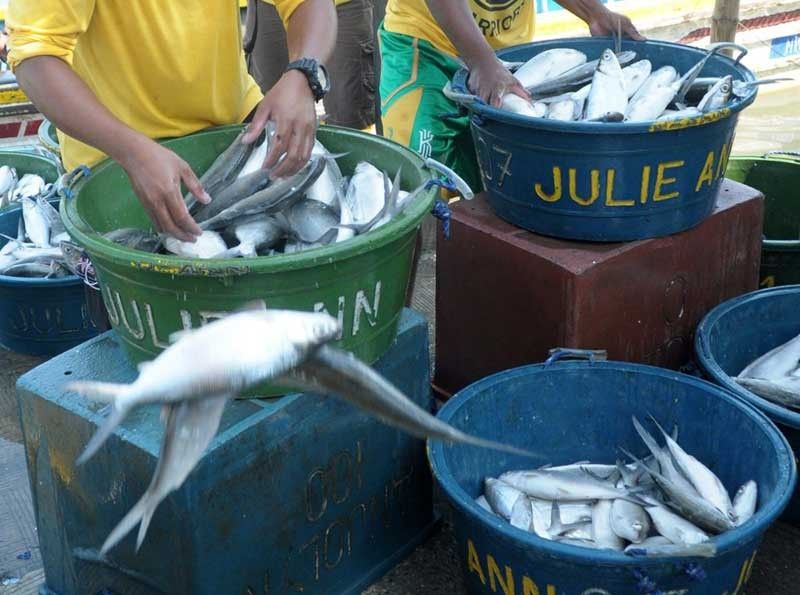‘Hot temperature beneficial to bangus’

DAGUPAN CITY, Philippines — The intense summer heat may be dangerous to humans due to possible heat stroke, but it is more beneficial to milkfish (bangus) and other fish species, according to a fishery expert.
Westly Rosario, chief of the Bureau of Fisheries and Aquatic Resources here and in charge of the National Bangus Fry Sufficiency Program, told The STAR yesterday that the milkfish prefer “to produce eggs when it is hot.”
He said their milkfish hatchery is now full of eggs and they are having problems on where to place the surplus.
Also, he said that when it is hot, milkfish have better appetite and eat more.
“When they eat more, they weigh heavier,” he said.
During hot season, bangus’ metabolism is also enhanced, he said.
“Overall, the summer heat is favorable to the fish, like bangus, except those in shallow fishponds,” he added.
The downside, however, is that fishponds where they are raised become shallow during the summer season, Rosario said.
He said when a fishpond is only knee-deep, the water easily gets hot.
“It’s OK if it does not rain because if it rains, temperature shock happens,” Rosario said.
The change in temperature and salinity can hurt the milkfish and also affect the algae, planktons and other organisms.
“When they die, they will consume oxygen as they decompose, thus oxygen depletion happens,” he said.
This will result in gataw or tangok, a local term used to describe milkfish kill, he said.
Rosario advised milkfish growers to decrease the density of their fishpond for better growth.
He also cautioned that during hot season, red tide organisms also thrive, leading to harmful algal bloom.
“Areas that had experienced in the past red tide may have recurrence of it due to high salinity, available nutrients, water is not flushed out because of the absence of rain, among others,” he said.
- Latest
- Trending































